Since the liberal arm of the U.S. Episcopal Church passed a resolution in July to bless same-sex unions, particularly in states like Massachusetts that legalize such marriages, so too has, at least, one black congregation within the Massachusetts diocese. On August 30th St. Bartholomew Episcopal Church in Cambridge housed the marriage and blessed the union of its mayor E. Denise Simmons and her lifetime partner, Ms. Mattie Hayes.
And the historic event happened because of the fierce determination of a straight ally to Cambridge’s lesbian, gay, bisexual and transgender community and the church’s new Priest-in-Charge, The Reverend Leslie K. Sterling, who is also the first African-American female priest at St. Barts. Having just arrived at St. Barts in February, Sterling brings a new vision to a church that has served both the African-American and African-Carribean community for over 100 years.
When I went to meet with Sterling to discuss our roles as officiates in the mayor’s nuptials I asked her if she were ready to jump into in this conflagration that has the Episcopal Church at the brink of schism.
“Some will leave I know... But those who oppose and stay, at least we can talk about it in a spirited conversation,” Sterling said.
Trending Stories
Cambridge, like many of its residents, revels in its image as a bastion of liberalism. And it’s a city of many firsts, like both E. Denise Simmons and Kenneth Reeves being the first African American openly queer mayors of a major U.S. city.
But underneath Cambridge’s liberal facade, what cannot be closeted, is a rampant racist element like the racial profiling that went global in the July arrest of Harvard professor Henry “Skip” Louis Gates by a white cop and its toxically homophobic black congregations in both liberal white denominations and the historical black ones that contribute to its communities being under both spiritual and sexual siege. For example, Reeves who was once a longtime worshipper at the historic African-American St. Paul’s A.M.E in Cambridge left St. Paul’s after May 2004, when Massachusetts legalized same-sex marriage and the church made it clear it would neither bless same-sex unions nor marry its queer parishioners.
more on next page...
\\\
(continued)
Mayor Simmons, a native Cantabridgian, who presides over a diverse demographic consisting of people from various racial, cultural, economic and sexual orientations had only one church she could go to with the hopes of not being turned down.
“I am cognizant of the deeper societal implications of this marriage...[St. Bartholomew] might be the very first mainstream African American church to hold a same-gender wedding,” Simmons told Cambridge Chronicle.
In preparing her parishioners for their leap of faith Sterling wrote in a letter to them stating the following:
“I am aware of all the Bible verses conservatives cite in opposition to homosexuality, and I am also aware that there is more than one way to look at each one of those verses. If we believe that the Spirit continues to guide the church in the interpretation of scripture, as was done with respect to slavery and the status of women, then we have to consider the possibility that the Spirit is speaking today, as the hearts and minds of so many people at so many levels of Bible scholarship no longer read those verses as a blanket condemnation of same-sex relationships, or as a reason to deny committed, faithful couples a blessing on their marriage.”
To be in full compliance with the canons of the Episcopal Church, which would avoid Sterling confronting ecclesiastical probation or being defrocked, the wedding liturgy was divided among three officiates-The Rev. Sterling, Jada D. Simmons, the mayor’s oldest daughter and Justice of the Peace, and me.
I was elated to be a part of this liturgical assembly line helping to make a historic event happened within the ecclesial strictures of the church. Sterling did the invocation, declaration of consent to marry, and blessing of the marriage; Simmons pronounced the marriage, and I did the homily, blessing of rings and vows.
At the end of the wedding service when Simmons and Hayes walked down the aisle as a married couple to the church clapping and the choir singing the gospel tune “Oh Happy Day” I turned to Sterling and asked what she thought about the service.
“I’m feeling the history of the moment and what it must have been like when black folks were able to marry.”
Historically, as African Americans we have always focused on spiritual content of family and not physical composition of it.
Hayes spoke to me about the spiritual content of her family when she said, “Of course to have my marriage, my wedding to be in an historic event is phenomenal. But the bottom line is as wonderful as all that is, I have married the woman I love, Denise Simmons.”
These multiple family structures, which we have had to devise as models of resistance and liberation, have always, by example, shown the rest of society what really constitutes family. For example, a grandmother raising her grandchild like or a lesbian couple raising their children like in the Simmons -- Hayes household that is now legal by the state and blessed by the church.
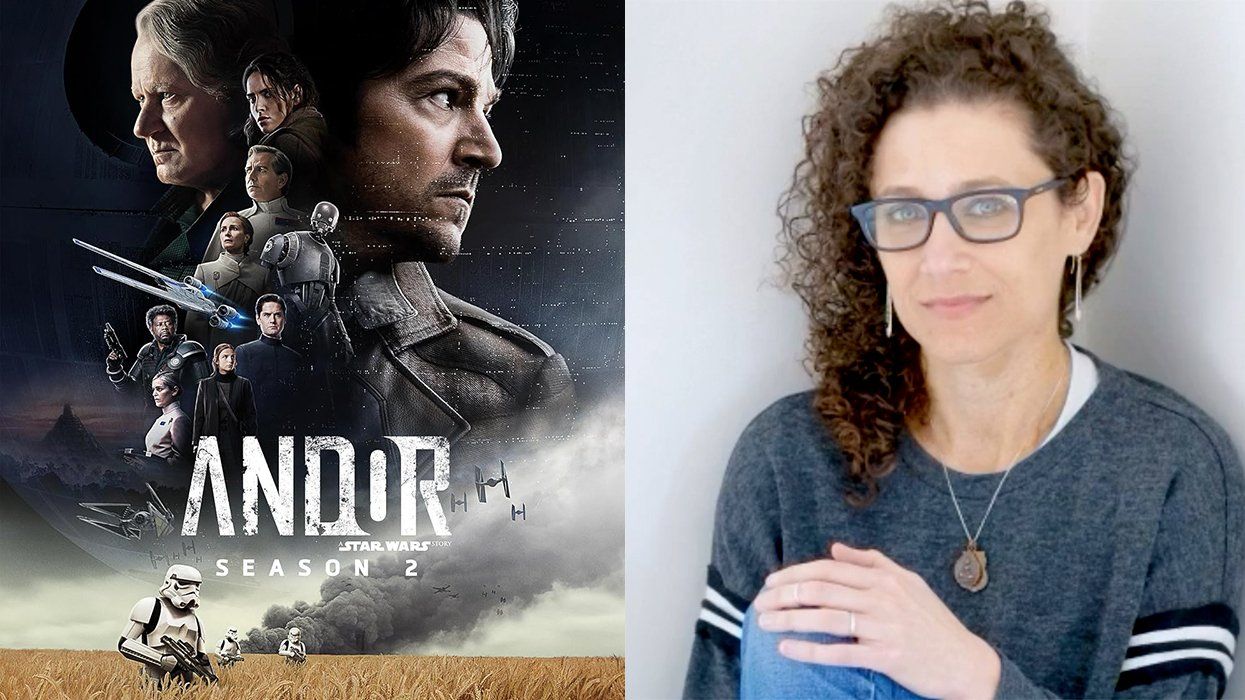











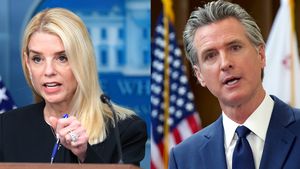




















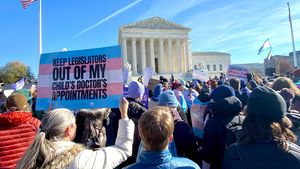


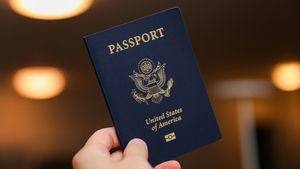


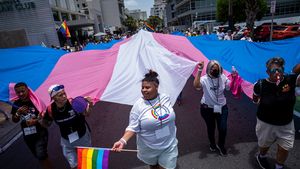









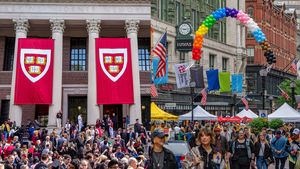










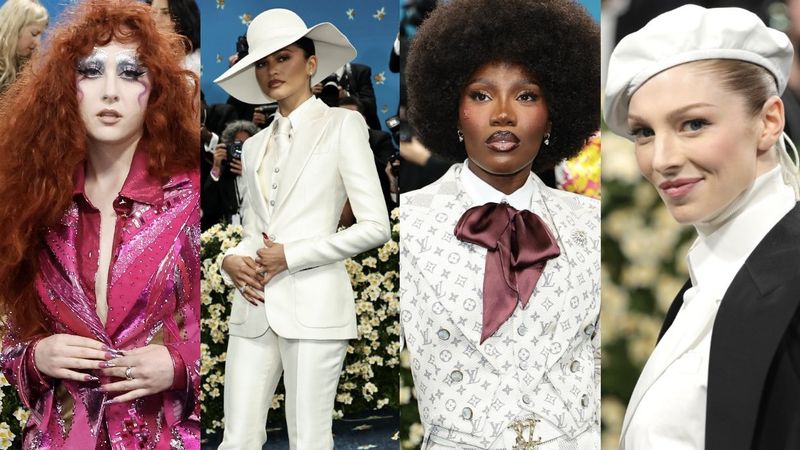




































 Cindy Ord/Getty Images
Cindy Ord/Getty Images

























